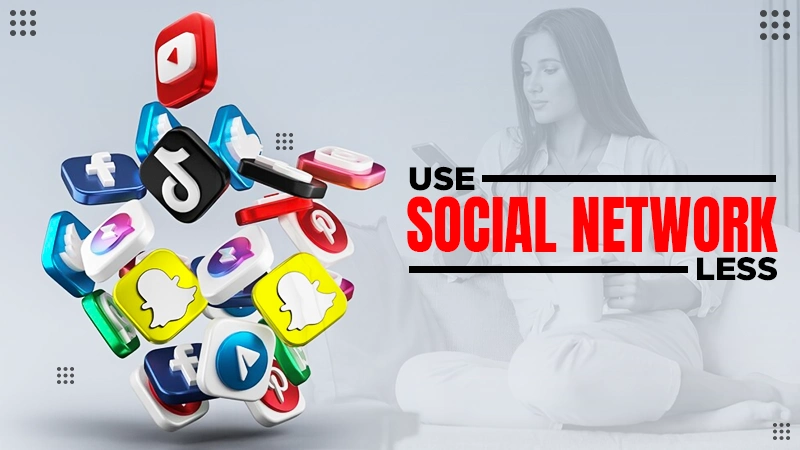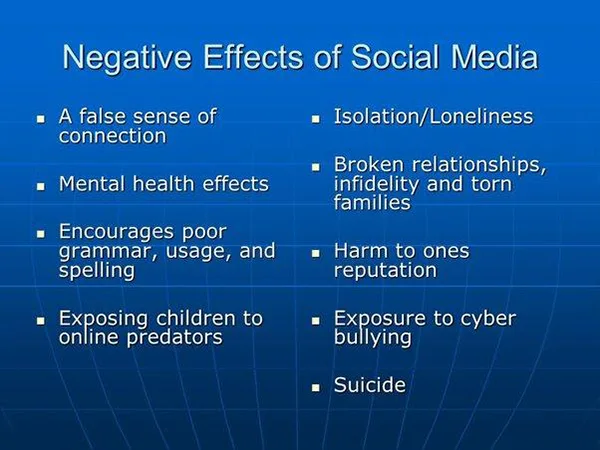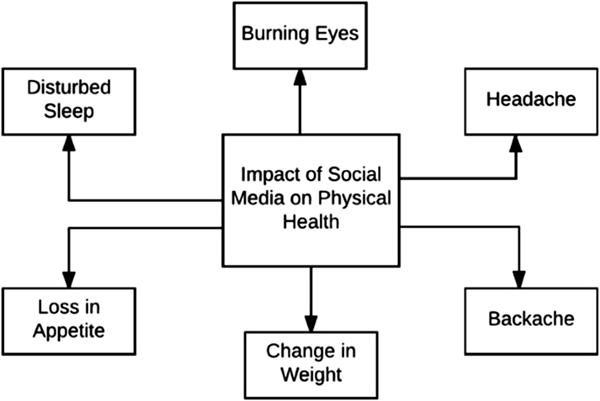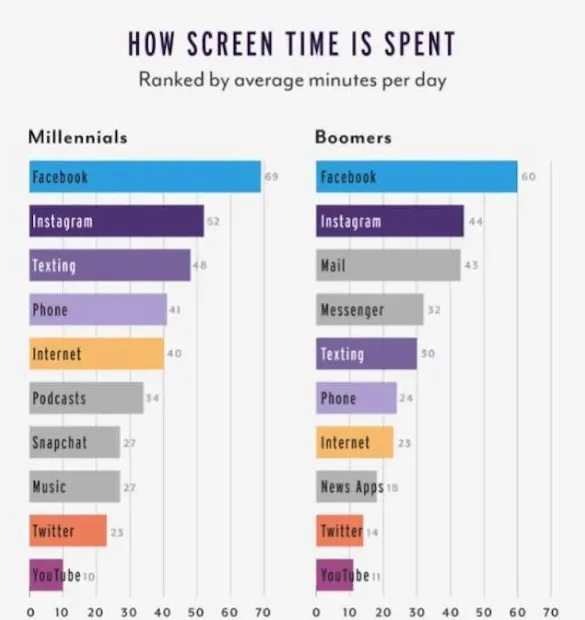Why You Should Use Social Networks Less

Jump To Key Section
- Reduced Productivity
- Social Media Can Cause Depression
- Addiction
- Abundance of Advertising
- Distraction
- Leakage of personal information
- Conclusion

Social networks can be called “the internet on the internet”, as many people use only these services, to get all the necessary information and entertainment.
The most trendy social media sites have an audience of billions of people, and this growth continues.
At the same time, more people are deciding not to actively use these sites or even cut them out of their lives.
Many experts agree with this approach because, in addition to the positive effects of online apps and web platforms, have a lot of harm.
Earlier, we talked about the harm that these sites have done to young people. But now, we want to touch upon the overall harmful effects of such platforms.
There’s plenty of other entertainment on the Internet (including useful ones). Yes, Facebook or Instagram can bring a lot of pleasant emotions.
In this article, we will discuss how the impact of social networks has made us addicted to unnecessary things, causing depression, and lowering our standard of living.
Reduced Productivity

Social media abuse leads to decreased efficiency in work and study. Precious moments spent endlessly scrolling through news feeds could have been spent on individual chores or professional development.
Often, online platforms “steal” a significant amount of time that could be invested in educational projects, career development, hobbies, or quality time with family and friends.
This is especially palpable when one realizes that many significant moments in life could have been realized without the continuous presence in the virtual world.
Social Media Can Cause Depression
Scientists have repeatedly confirmed the link between social media and the onset of depression.
Looking at other people’s success, beauty, and happy personal life, many people begin to feel inferior.
The percentage of such “successful” users is minimal compared to the general audience of online platforms, which is represented by quite ordinary people with “boring” lives.
Not to mention the fact that most of this content is specifically created to cause envy and get the desired feedback from the audience.
Then they start looking for ways to delete these people from all their social networks so as not to traumatize their psyche unnecessarily.
- In addition to the risk of depression, excessive immersion in the world of social apps often leads to increased anxiety and decreased self-esteem.
- It can be a catalyst for a wide range of other psychological disorders.
- The constant comparison of oneself to the lives of other users who appear to be more flourishing and prosperous can seriously undermine a person’s self-esteem and level of happiness in life.
- This continuous urge to compare one’s life to idealized images of others’ achievements creates a sense of dissatisfaction with one’s own life. It contributes to a negative perception of one’s personality.
THINGS TO CONSIDER
57% have felt their life is lacking when seeing how great someone else’s life appears on social media.
Addiction
Online platforms are designed to maximize users’ attention and keep them engaged on their pages for as long as possible.
Various interactive features, including notifications, likes, and an unlimited stream of content, provide a constant psychological stimulus.
It is similar to the effect of slot machines, constantly feeding the user’s interest and curiosity.
This approach can easily lead to the development of a solid addiction to constantly using networking apps.
It also severely limits the ability to carry out daily responsibilities, focus on work or school, and interact with others in real life.
This online addiction not only makes it challenging to lead an everyday life but can also affect the quality and productivity of work.
It can impact personal relationships and community interaction by limiting real-life contact and reducing emotional connection with others.

Abundance of Advertising
The envy-inducing photos, texts, and videos we mentioned above are just one of the formats of advertising, of which there is a lot more on online networks.
- We are offered miracle pills for weight loss; go to the website and download the Mostbet application (or applications of other brands) or a money-making scheme.
- Not to mention, we buy many unnecessary things under the influence of bright advertising on web applications.
- These sites allow you to build the most effective advertising strategies due to their ability to quickly search for an audience by interest, age, and other parameters.
- Therefore, nothing is surprising in the fact that the amount of advertising online is constantly growing, and it is more and more annoying every year.
Distraction
Online networks are a massive source of distraction that can seriously impair your ability to concentrate on work.
Studies have shown that although many influencers carry useful information even app notifications can degrade the quality of work or academic assignments.
Being on social media often substitutes accurate human contact for virtual contact.
People begin to prefer likes and comments to live interaction, which leads to poor community skills and feelings of loneliness.
This substitution negatively affects a person’s psychological well-being, as they lose valuable community ties that virtual ones cannot fully replace.
The graph below shows how much screen time is spent on each social media platform by Millennials and Boomers.

Leakage of personal information
Web networks often become a source of personal information leaks. Many users need to think about what information they post online.
Scammers can use vacation photos, personal information, and details of everyday life.
In addition, social apps collect data about users’ online behavior, which can be used for targeted advertising.
Conclusion
There are several advantages of using social networks for growing business. However, over the years, as it has taken over our lives, we have become addicted to many apps.
It has negatively impacted our psychological state, with strong symptoms of depression while comparing our lives to others.
Using less social media is the only way to protect our mental health, become more productive, and preserve our privacy.



